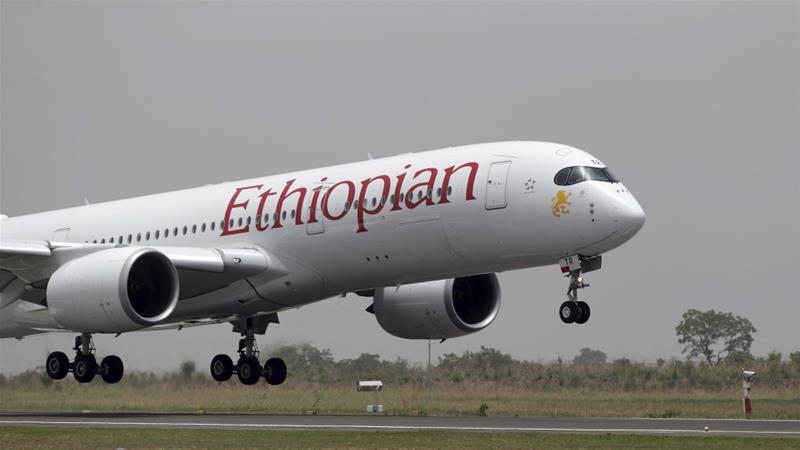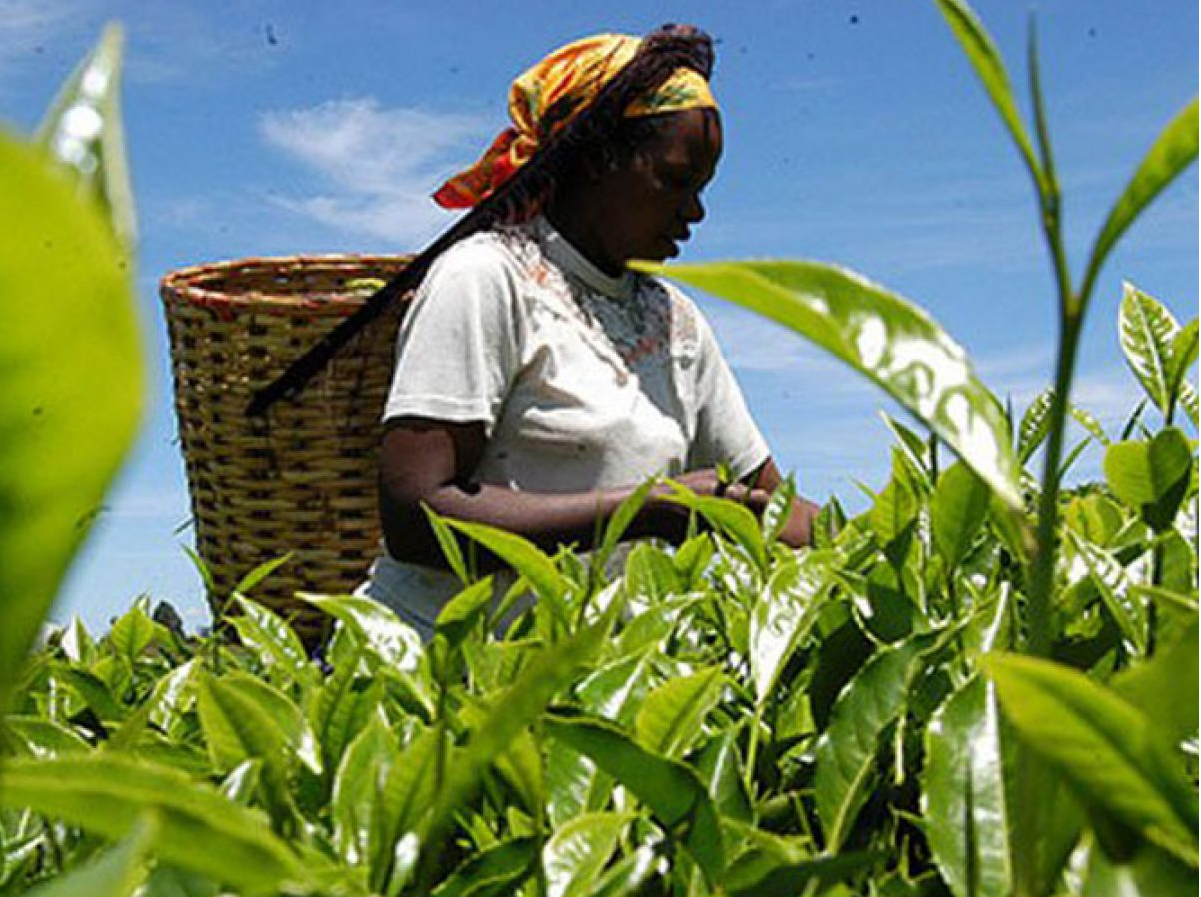Ethiopian Airlines will start constructing a new $5 billion (Sh500 billion) airport later this year.
The airline’s CEO Tewolde Gebremariam on Wednesday announced the plans stating that the carrier is fast outgrowing its current base in Addis Ababa.
According to Gebremariam, the new airport will cover an area of 35 square km and will be built in Bishoftu, a town 39 kilometers southeast of Addis Ababa.
State-run Ethiopian news agency on Wednesday reported that the proposed new airport will have the capacity to handle 100 million passengers per year.
“Bole Airport is not going to accommodate us; we have a beautiful expansion project. The airport looks very beautiful and very large but with the way that we are growing, in about three or four years we are going to be full,” Mr Tewolde was quoted by the national broadcaster.
As it stands, Bole International Airport in Addis Ababa has a passenger capacity of about 19 million passengers which is way lower than the demand.
The chief executive noted that the price tag of the new airport was higher than the $4 billion (Ksh404.2 billion) cost of building the Grand Ethiopian Renaissance Dam on the Nile. Passenger numbers at the new airport are expected to gazump those at Dubai’s International Airport.
Mr. Gebremariam was however cagey on who will fund the construction of the project and who will undertake the mammoth project.
However, the state broadcaster reported that construction will commence in the next six months.
Ethiopian Airlines is a fierce competitor to Kenya Airways. The former is preferred by global travelers as it is considered cheaper and more efficient, on the other hand, Kenya Airways has faced claims of being unnecessarily expensive and inefficient.
Addition of a world-class airport will further entrench Ethiopia’s claim to being the most ambitious Eastern African country, the airport adds to a long list of mega-project that the Ethiopian government is undertaking.
Currently, Ethiopian Airlines has 116 aircraft in its fleet and posted a net profit of $260 million (Ksh26.27 billion) in the financial year 2018/19.













Leave a comment